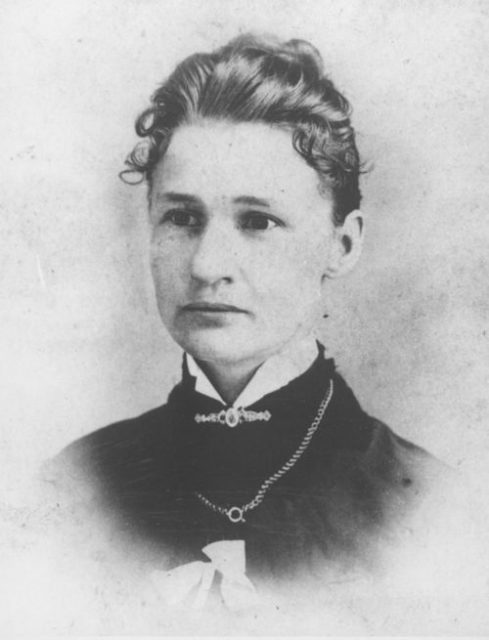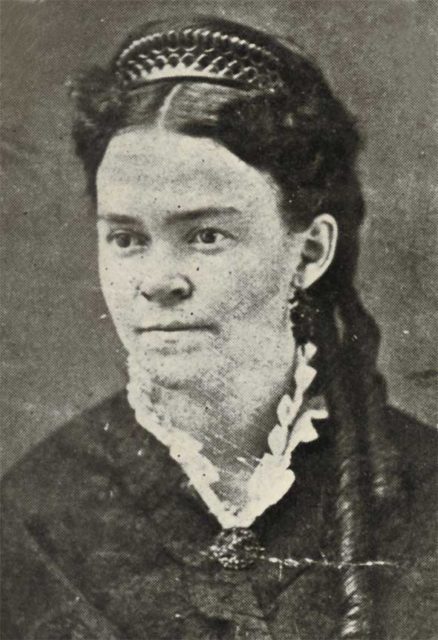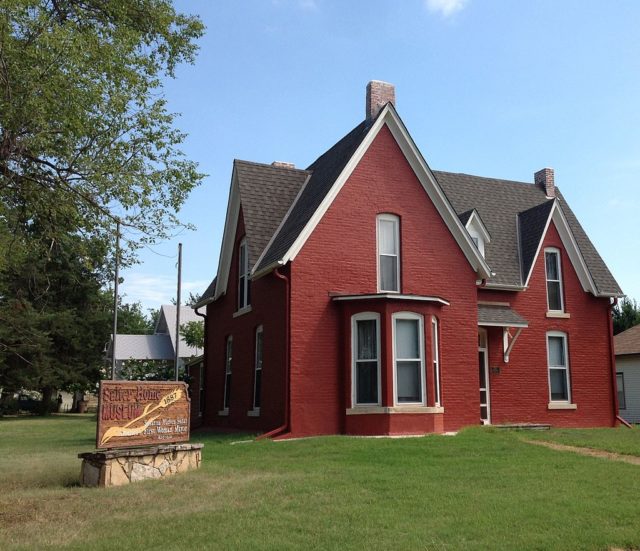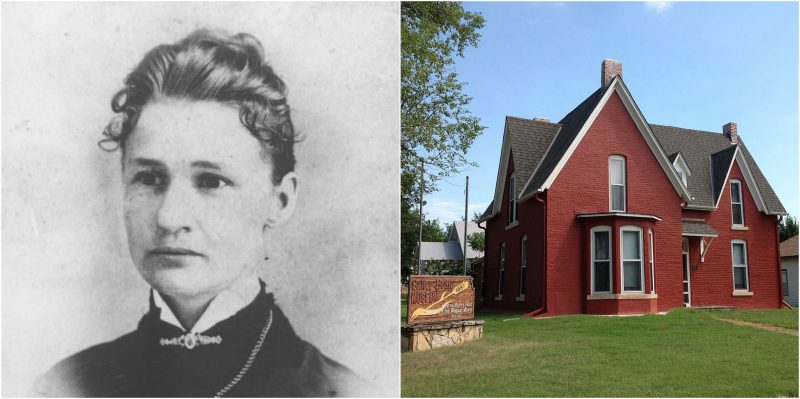The civil war brought a lot of changes in the United States, but women rights were still regarded as a secondary issue by the officials in the country. Women were considered as “citizens” and “persons,” but they still weren’t allowed to engage in professions or other public pursuits.
Women’s basic civil rights were recognized, but at the same time, they didn’t have any political rights. This unenviable position in which women across the country were involved, regarded only as housewives and nothing more, inspired the birth of many women rights movements. In the years after the civil war, arose a few organizations that dealt with this matter, such as the Woman Suffrage Association and the American Woman Suffrage Association, or the Woman’s Christian Temperance Union.

These associations began to advocate the rights of women and made it clear that they should also have a voice in the affairs of the country they live in. They also laid the foundations for the feminist movements which would appear in the future, and out of their orders came many notable and influential women who made an impact on how Americans nowaday think and debate over this issue. One such woman was Susanna M. Salter, who became the first female mayor in the United States.
Susanna M. Salter was born on 2nd March 1860, in the Lamira community in Smith Township, Belmont County, Ohio. Her parents, Oliver Kinsey and Terissa Ann White Kinsey, were descendants of Quaker colonists that came from England with William Penn on the ship Welcome. When she was 12, her family moved to Kansas where she later entered the Kansas State Agricultural College (present-day Kansas State University). Susana was allowed to skip her freshman year because she had already taken college-level courses in high school. Unfortunately, she was forced to drop out just six weeks before graduation due to health issues. While she was studying in Kansas, she met Lewis Allison Salter, her future husband. After they had got married, they decided to move to Argonia, a small town that turned out to be a fascinating chapter in her biography and the history of the politics in the United States.
Upon arrival, Susanna got acquainted with the local chapter of the Woman’s Christian Temperance Union and with the renowned temperance activist, Carrie Nation. She was also active in the local Prohibition Party. After Argonia was incorporated in 1885, her father became the first mayor of the town, and her husband became the first town clerk. Two years later, a new law was passed in Kansas that allowed women in first, second, and third class cities to vote. This was a huge change for women in the state, but although they legally had the right to vote, their involvement in politics was still ridiculed. Men still considered women to be politically incapable and mocked them, but in the case of Susanna M. Salter, this mockery backfired severely.
During the Argonia mayor elections in 1887, a group of men from the town which were against women’s involvement in politics, decided to play a prank. Their idea was to humiliate and discourage women across the country to run for state positions.

On a secret meeting, the men decided to put Susanna’s name on the ballot. Since candidates did not have to be publically declared before election day, Susanna wasn’t aware that she was running for mayor. The culprits hoped that nobody would vote for Susanna, and she will lose massively, but it turned out quite the opposite.
When the members of the local Republican party heard about the situation, they sent a delegation to Susanna’s home and told her that they would vote for her if she agreed to accept the office. Susanna was confident and undeterred and finally accepted.
Besides the Republican votes, she also got the votes of the Women’s Christian Temperance Union which immediately abandoned the candidate they supported, after they had heard about Susanna. These votes secured a massive victory for Susanna. She won the election by a two-thirds majority.

Susanna M. Salter opened the first council meeting with the following words: “Gentlemen, what is your pleasure? You are the duly elected officials of this town; I am merely your presiding officer.” The men in the council were surprised by her words because they expected they were going to be under “petticoat rule.” Although her career as a mayor was politically uneventful, Susanna turned out to be an active leader, working with the council in a perfect harmony.
During that one year, while she was the mayor of Argonia, Susanna, and the council did very little. Some of her decisions involved arresting two draymen for refusing to buy licenses and warning some kids not to throw rocks at an abandoned house. No new ordinances were passed during her days in office. At the end of her term, Susanna received one dollar as payment for her efforts. After her term had ended, Susanna declined reelection. Susanna M. Salter’s days in office were maybe uneventful, but on the other side, she managed to draw a lot of attention. In a very short time, she became the most talked and written about political figure in the United States. Many newspapers sent their correspondents to Argonia and asked Susanna for permission to attend her council meetings.
News about her victory spread across the world as far as Sweden and South Africa, and many prominent feminist leaders sent letters of support. Many people held the opinion that if it turns out that Susanna’s days in the office were a success, a similar change in the whole American political life would also be beneficial.

After her short career as the mayor of Argonia, Susanna and her husband left the town and moved into several different places. Susanna M. Salter died in Norman, Oklahoma on March 17th, 1961; She lived to be 101.
Susanna was buried in Argonia, alongside her husband. In 1933, the council of Argonia placed a bronze plaque on the public square, honoring her as the first woman mayor in the United States. Her house in Argonia is now a museum and part of the National Register of Historic Places.
